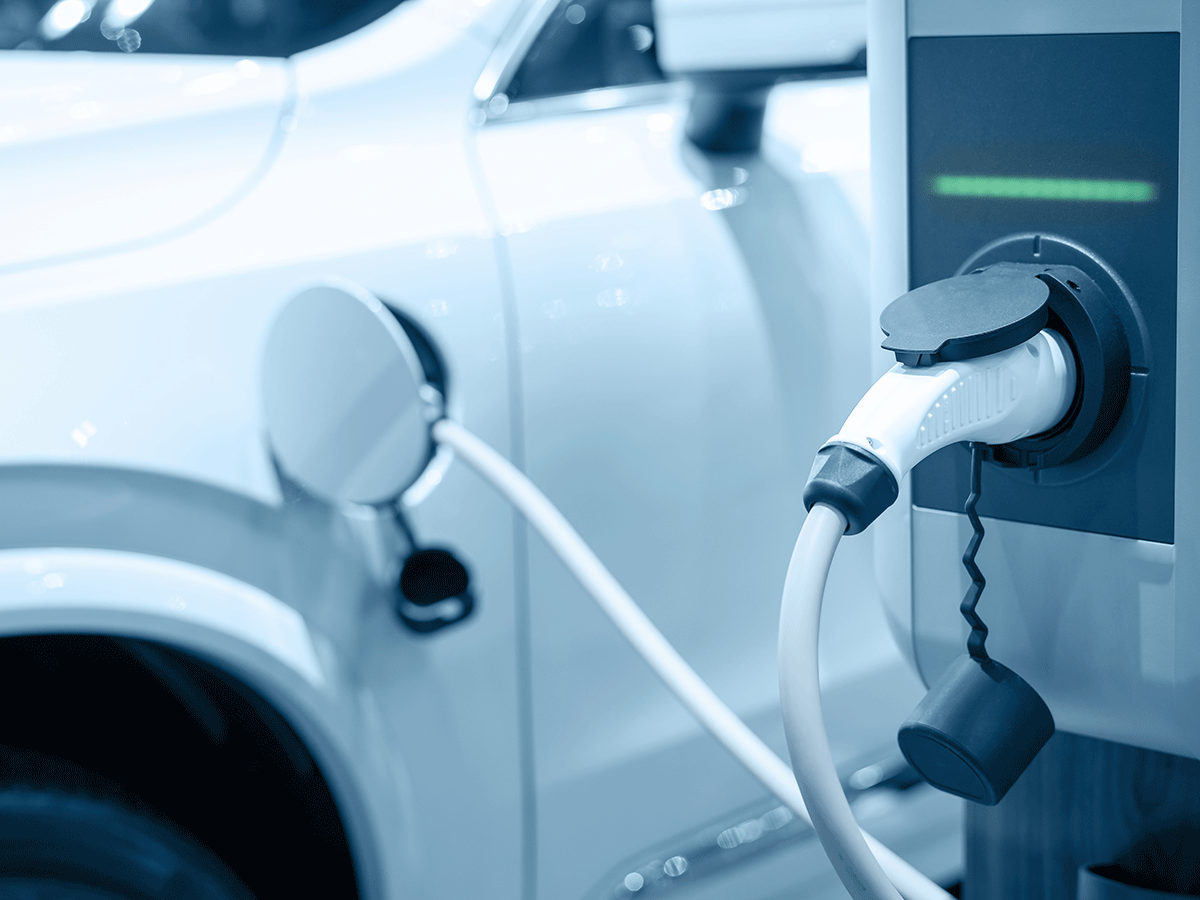
Electrification has been a critical issue globally since the early 20th century, but in recent times, it has become a key solution to addressing climate change. The increasing pollution in urban and rural areas caused by the use of fossil fuels has become a pressing concern requiring immediate action.
One major advancement in this common mission has been the adoption of electric vehicles (EVs) instead of traditional internal combustion engine (ICE) vehicles that rely on fossil fuels. The government has continued to push for the adoption of EVs in the country through programs like FAME-II, while e-commerce and logistics companies have rapidly adopted EVs for last-mile deliveries. Lithium-ion batteries and zero-emission technology are revolutionizing mobility and further promoting corporate carbon neutrality.
Anmol Singh Jaggi, CEO and Co-Founder of BluSmart Mobility, stated, “Supportive policies, investments in product and technology development, and a robust charging infrastructure will drive the adoption of electric mobility. We have set up a large EV charging network that we plan to make available to the public and become a leading EV charging infrastructure player in the market, covering major metropolitan areas.” With over 130 million km traveled on EVs, the BluSmart this year will focus on expanding to other major metropolitan areas while promoting equal and inclusive opportunities for driver partners in 2023.
Siddhart Aggarwal, managing director of Godawari Electric Motors, added, “EV transition in India has picked up at a rapid pace as multiple options for customers, focus on charging infrastructure, customer awareness, financing, and favorable government policies have led to a sustained transition in the mobility segment.” The company is going to launch a couple of products next month in both the commercial and personal commute segments. “Mobility will play a critical role in India achieving its net-zero commitment and addressing the environmental concerns at hand with the support and joint efforts of the stakeholders,” said Aggarwal.
Ketan Mehta, founder & CEO of HOP Electric Mobility said that “investing in EV mobility is becoming a popular choice in India, as people are increasingly making eco-friendly choices. The government’s ambitious Rs 26,058 crore Production-Linked Incentive (PLI) scheme for the auto industry under the New Non-Automotive Investor (OEM) category is a welcome initiative to boost India’s manufacturing capabilities.” Under this mandate, the company will be investing more than Rs 2000 crore in India over the next five years to grow the ‘HOP Electric’ brand to a global scale. “We aim to make the entire EV ecosystem more inclusive, convenient, and cost-effective to support this energy mobility revolution,” added Mehta.
“As the EV market continues to grow in India, the government and private sector are working together to overcome challenges such as a lack of charging infrastructure and the high upfront cost of EVs. By addressing these issues and promoting the adoption of EVs, India can lead the way in the transition to a cleaner and more sustainable transportation sector,” said Arjun Das, Founder of Bumble Bee Flights.
In just three years, EV sales have grown over 2000% in India. To date, there have been 64 OEMs for EVs that have received recognition from the government, while luxury automotive brands have supplemented the launch of new products in the Indian market with infrastructural additions to eliminate range anxiety and attract customers, with plans to go fully electric in the coming years. However, there is still much to be done as EV production in the country continues to grow, giving rise to the need for battery manufacturers, dedicated research and development divisions, and more.
Also Read:
